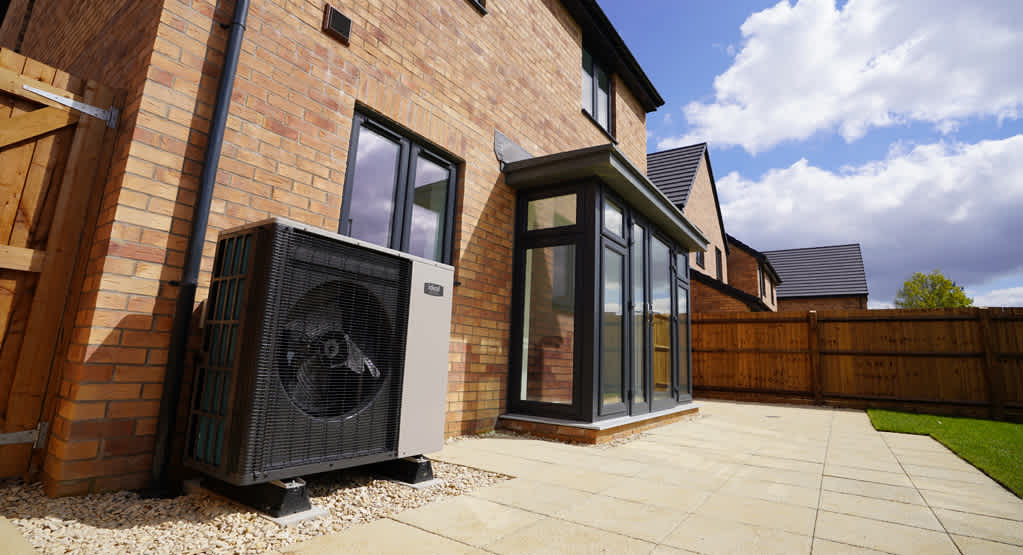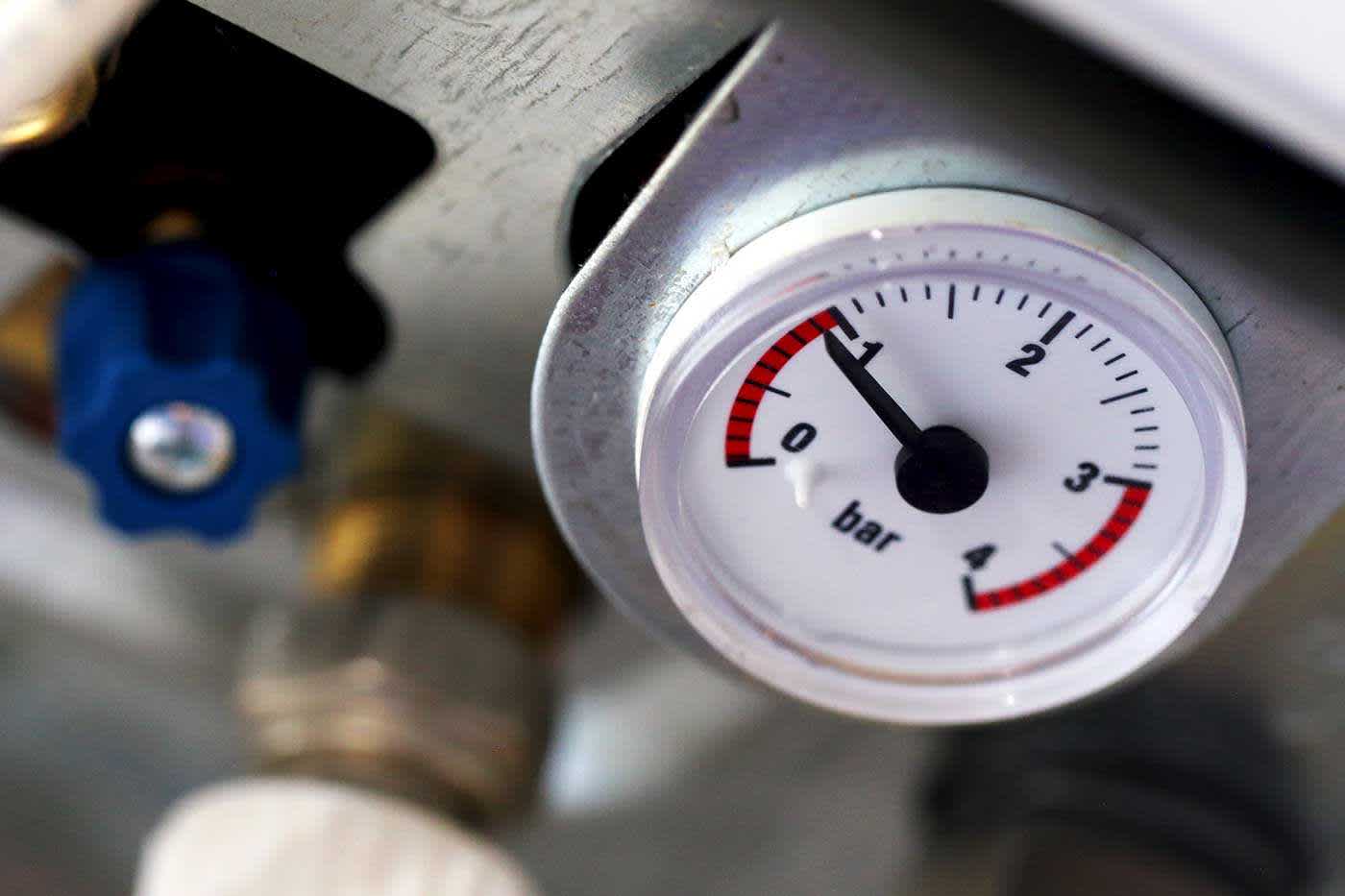
What is a Combi boiler?
A Combi boiler is one of the most common options you’ll encounter if you’re looking to install or upgrade your central heating system. So, what is a Combi (or combination) boiler, how do they work and what are their key benefits?
Combi boilers are the UK’s most popular heating solution, but it’s important to look into whether they’re the right option for your home. In this blog, we will answer some common questions about these models and compare them to other types of boilers on the market.
How does a Combi boiler work?
So, how do Combi boilers heat our radiators and taps? Whenever you turn on a hot tap or switch on your thermostat, the Combi boiler detects the demand and instantly starts heating water directly from the mains. Within a few seconds, you’ll have piping hot water wherever you need it.
Because it’s under pressure already from the mains, the water flows naturally, and there’s often no need for a pump. This means that Combi boilers only heat the amount of water you need, when you need it.
One of the biggest differences between Combi boilers and other models is that they don’t use a hot water storage tank, and can provide both the hot water and heating for your home in a single appliance. As a result they're much more energy efficient, which could mean lower utility bills for you and your family.
What size Combi boiler do I need?
When it comes to finding your ideal boiler size, which is measured in kilowatts (kW) rather than feet or inches, there are several things to consider. The amount of bedrooms, radiators, and baths and showers in your home will all factor into helping you choose your Combi boiler.
For a smaller property like a one-bedroom flat with 10 radiators, a 26kW Combi boiler like the compact Logic+ Combi would provide plenty of power for your hot water and central heating. In a larger home where there would be more demand between family members for hot water, the stylish Vogue MAX Combi would be a better fit — it’s available in sizes up to 40kW.
The larger the size of the boiler in terms of kW, the more energy it uses while it’s working.
What are the advantages of Combi oilers?
The main advantage of Combi boilers is they only heat the water you need. Unless you have a reasonably large family or use a lot of hot water, it’s inefficient to have water boiled all the time just in case you need it. That’s why Combi boilers should cost less to run than other models, as well as being more environmentally friendly.
Most people who have conventional or System boilers save money by having their heating on a timer, for example, they will set it to switch off at 11 pm and start heating at 6 am. With a Combi boiler, there’s no need to do that as hot water is available 24/7. If you get up early or come home late, you can still run a bath or have a shower.
Another benefit of Combi boilers is they don’t take up much space. Many homes have them in the kitchen, utility room or under the stairs, and there��’s no need for a separate cold or hot water tank. That’s a huge plus if you live in a flat or don’t have a loft.
If you’re installing a boiler from scratch, the Combi boiler will probably work out cheaper than other models as there’s less equipment and pipework to fit.
Why a Combi boiler might not be for you
Combi boilers have relatively limited flow when it comes to boiling water. Generally speaking, the central heating will momentarily switch off when you turn on a tap. That’s not usually noticeable, even if you run a bath for 10 minutes, as the radiators stay warm. However, if you turn two hot taps on simultaneously, there will be a noticeable drop in pressure and/or temperature.
If you have a large family and high hot water use (for example two bathrooms or showers), you could find that a large tank will serve you better, as you could have multiple hot taps and showers in use at once. If you heat it up smartly, it doesn’t necessarily have to cost more to run.
Many hot water tanks with conventional and System boilers can be fitted with an immersion heater, which means that if your boiler breaks down, you can still heat water. If the Combi boiler breaks down, you’ll have to use the kettle.
Combi boilers don’t tend to work well if you have low mains water pressure, as they may not have enough flow rate to supply both hot and cold water at the same time.
What are my other central heating options?
As a general guide, a Combi boiler will probably be the best option if you’re in a relatively small household, and don’t have multiple demands on your hot water simultaneously.
As household sizes get larger, and the number of bathrooms grows, the case for a conventional or System boiler gets stronger. All types have their pros and cons, so you need to decide which one to choose based on your expected usage patterns.
Heat only boilers
A Heat only boiler (sometimes called a regular, conventional or open vent boiler) is the type of boiler that was standard in homes before the advent of the Combi boiler. It consists of a cold water storage tank, main boiler and hot water storage tank. Cold water is fed to the boiler, where it’s heated up and sent to the central heating system and the hot water tank until it’s needed.
Should you draw a bath, the hot water will need to be replaced, so you’ll have to wait for it to re-heat before you can use more hot water. If several rooms all demand a small amount of hot water at the same time however, it will cope because the water has already been heated.
System boilers
Just like a conventional boiler, System boilers feed the central heating and the hot water storage tank, but there’s no need for a cold tank as the boiler is fed directly from the mains. They also work at higher pressure than conventional boilers.
System boilers therefore work in the same way as conventional boilers: once the hot water in the tank is used up, you’ll need to wait for it to fill up with hot water before it can be used again.
If you need help deciding which is the best boiler for your household, why not try our quick and easy boiler selector tool or read our guide to gas boilers? With our experts on-hand, you’re always welcome to talk to our team to help you find the best boiler for your home.

















